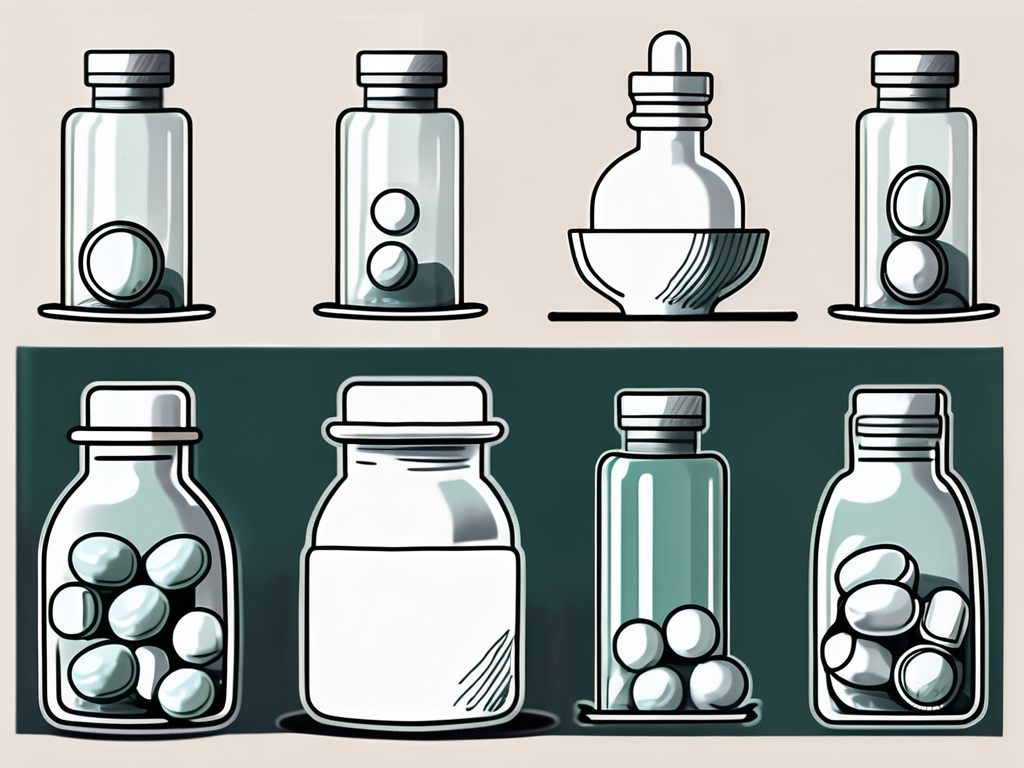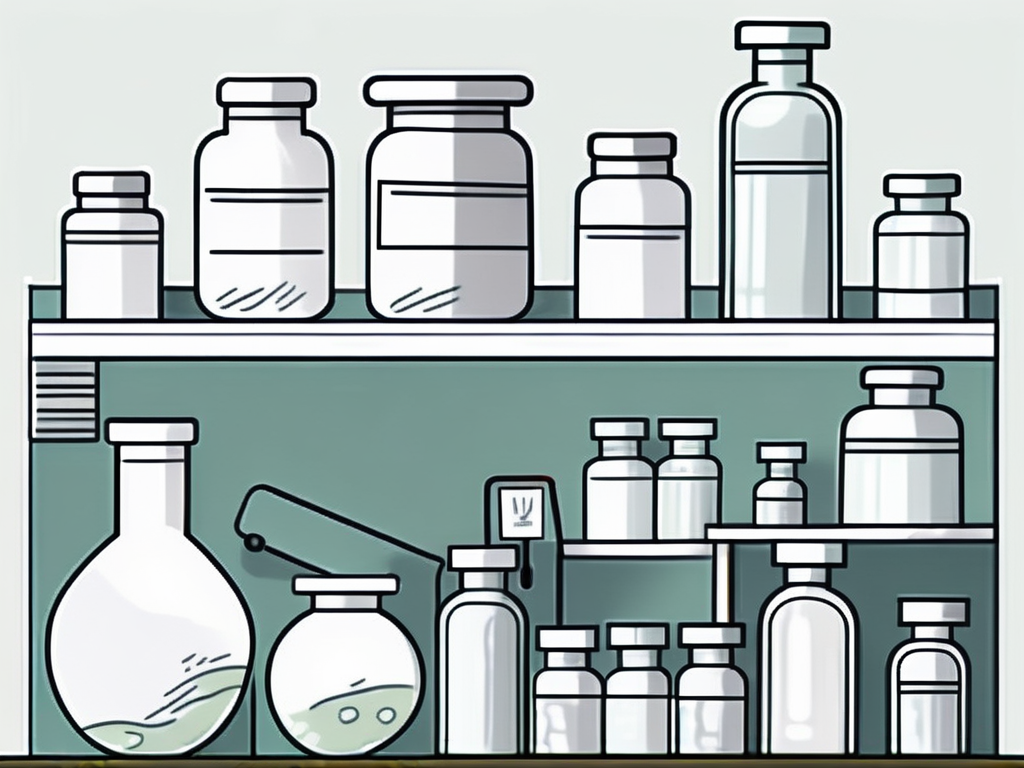In the world of compounding pharmacy, the term ‘suspension’ holds a significant place. It’s a term that’s used to describe a specific type of pharmaceutical preparation, and it’s one that any pharmacy professional should be familiar with. But what exactly does it mean, and why is it so important in the context of compounding pharmacy? In this glossary entry, we’ll delve deep into the concept of suspension, exploring its definition, its uses, and its role in the broader field of compounding pharmacy.
Compounding pharmacy is a specialized area of pharmacy practice that involves the preparation of customized medications to meet the unique needs of individual patients. It’s a practice that dates back to the origins of pharmacy itself, and it’s one that continues to play a vital role in modern healthcare. The term ‘suspension’ is one of many that are used in this field, and understanding it is key to understanding the work that compounding pharmacists do.
Definition of Suspension
At its most basic, a suspension is a type of heterogeneous mixture that’s made up of solid particles dispersed in a liquid medium. In the context of pharmacy, these solid particles are typically a drug or other active ingredient, and the liquid medium is often a suitable vehicle that facilitates the administration of the drug to the patient.

One key characteristic of suspensions is that the solid particles do not dissolve in the liquid medium. Instead, they remain dispersed throughout the liquid, often with the aid of special ingredients known as suspending agents. These agents help to stabilize the suspension and prevent the solid particles from settling out of the mixture.
Types of Suspensions
There are several different types of suspensions that can be prepared in a compounding pharmacy, each with its own unique characteristics and uses. These include oral suspensions, topical suspensions, and injectable suspensions.
Oral suspensions are designed to be taken by mouth, and they’re often used when a patient has difficulty swallowing tablets or capsules. Topical suspensions are applied directly to the skin or mucous membranes, and they’re typically used for their local effects. Injectable suspensions are administered via injection, and they’re often used when a slow, sustained release of the drug is desired.
Preparation of Suspensions
The preparation of suspensions in a compounding pharmacy involves several key steps. First, the drug or active ingredient is thoroughly mixed with a suitable vehicle to create a preliminary suspension. This mixture is then passed through a milling process to reduce the size of the solid particles and ensure a uniform dispersion.
Next, a suspending agent is added to the mixture to help stabilize the suspension and prevent the solid particles from settling out. Finally, the suspension is packaged in an appropriate container and labeled with the necessary information, including the name of the drug, the strength of the suspension, and the directions for use.
Role of Suspensions in Compounding Pharmacy
Suspensions play a crucial role in compounding pharmacy, as they offer a versatile and effective means of delivering medication to patients. They’re particularly useful in situations where a patient has difficulty swallowing tablets or capsules, or when a slow, sustained release of the drug is desired.

Moreover, suspensions allow for the customization of medication to meet the unique needs of individual patients. For example, a compounding pharmacist can adjust the strength of a suspension, alter its flavor to make it more palatable, or add special ingredients to enhance its stability or effectiveness.
Advantages of Suspensions
One of the main advantages of suspensions is their versatility. They can be administered by various routes, including orally, topically, and via injection. This makes them suitable for a wide range of therapeutic applications.
Another advantage of suspensions is their ability to deliver medication in a form that’s easy for patients to take. For example, oral suspensions can be flavored to make them more palatable, making them an excellent choice for children or other patients who have difficulty swallowing tablets or capsules.
Challenges in Preparing Suspensions
While suspensions offer many advantages, they also present certain challenges in their preparation. One of the main challenges is ensuring a uniform dispersion of the solid particles throughout the liquid medium. This requires careful formulation and thorough mixing.
Another challenge is maintaining the stability of the suspension over time. Over time, the solid particles in a suspension may tend to settle out of the mixture, leading to a lack of uniformity. To prevent this, suspending agents are often added to the formulation. However, choosing the right suspending agent and determining the correct amount to use can be a complex task.
Conclusion
In conclusion, the term ‘suspension’ refers to a type of pharmaceutical preparation that’s commonly used in compounding pharmacy. It’s a term that’s rich in meaning and significance, and understanding it is key to understanding the work that compounding pharmacists do.

From their versatility and ease of administration to their role in the customization of medication, suspensions play a crucial role in modern healthcare. They’re a testament to the skill and expertise of compounding pharmacists, and they’re a vital tool in the quest to meet the unique needs of individual patients.


